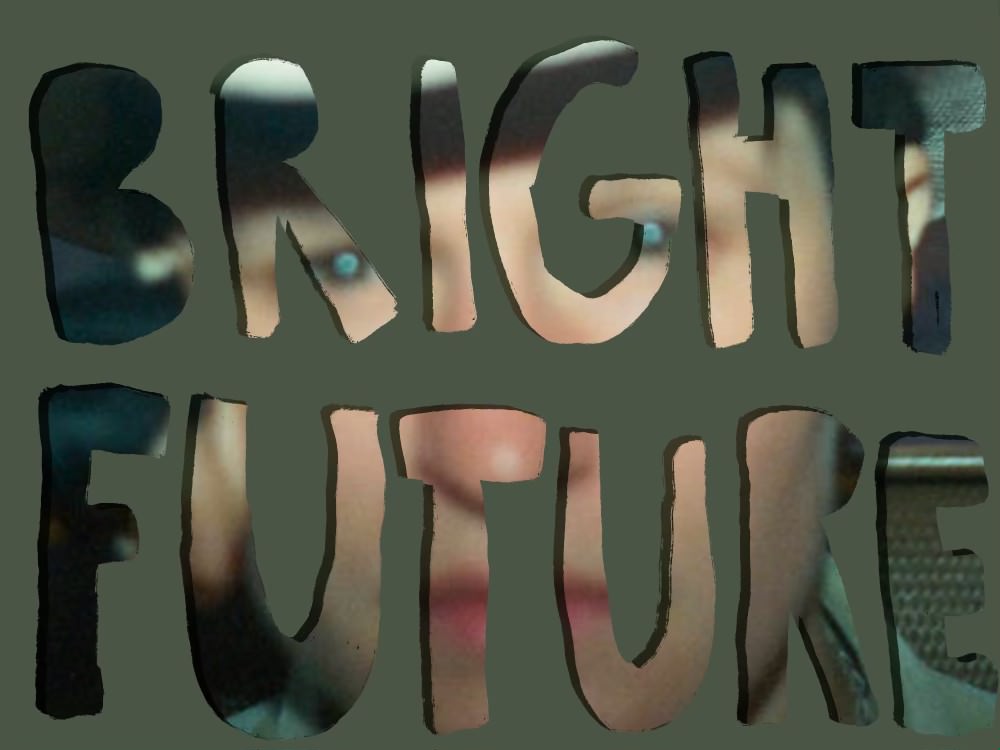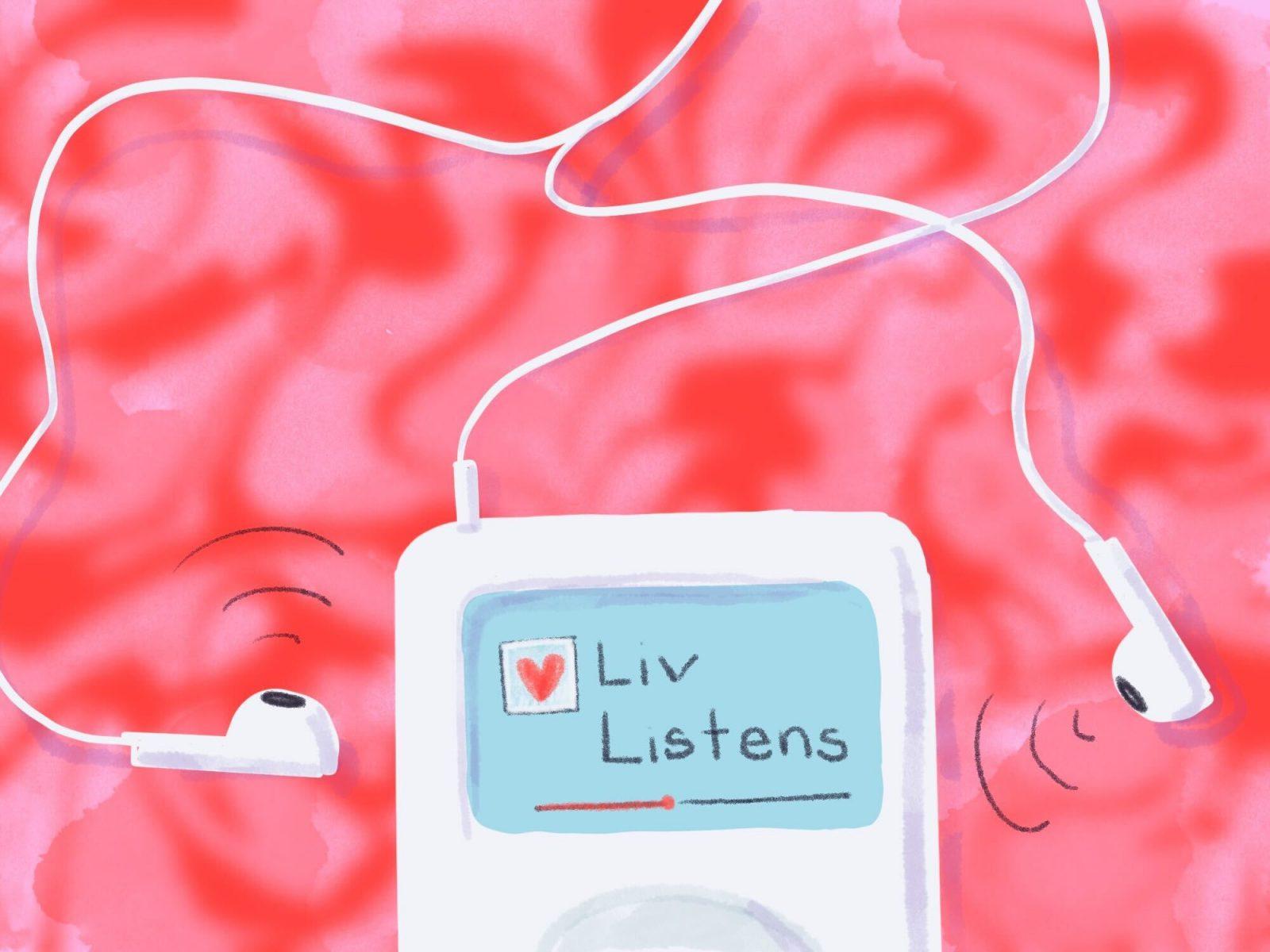I’ve been following the band Big Thief ever since the release of their fifth album back in February 2022. When I saw that their frontwoman, Adrianne Lenker, had her own extensive discography, I had to check her out.

Upon listening to her various singles and albums, I ended up finding who I consider to be one of the best living songwriters out there. In honor of her greatness, I’ll be reviewing her sixth studio album, which was released late last month, “Bright Future.”
Despite the fact that many of the songs on the twelve-track record touch upon many themes that have been explored in her past albums, Lenker succeeds in allowing these topics to have the breathing room that they need.
It never feels as though she’s rehashing long, trodden paths. Instead, we see common themes like complicated romantic relationships, found family and childhood memories being re-explored through an ever-evolving lens.
This lens is most prominent in the opening track “Real House,” which runs parallel to the Big Thief track “Mythological Beauty” from their 2017 album “Capacity.”
In the song, Lenker sings about her experience of constantly moving from one house to another during her childhood. The titular real house is revealed to be the first her parents ever owned, and the one in which she stayed the longest.
While reminiscing on her time there, Lenker remembers her mother and tries to understand how things have changed so much between them. The lyrics “Mama, what happened? / I never thought we’d go this long / Now, 31, and I don’t feel strong / And your love is all I want,” allude to a possible lack of contact between the two.
In the seventh verse of the song, Lenker goes on to recount a very abstract memory of being in the hospital with her mother, which is where the parallel between the two tracks comes in. In the third verse of “Mythological Beauty,” Lenker sings about a time she was rushed to the hospital due to a head injury with the harrowing line of “You held me in the backseat with a dishrag / Soaking up blood with your eye / I was just 5 and you were 27 / Praying, ‘don’t let my baby die.’”
Lenker appears to see her relationship in a different light as she reflects on more mature times. Rather than describing the fear her mother felt, Lenker writes, “And you made me laugh as the nurses undressed me / You held my hand as they put the needle in me,” showing us a heartier image of her mother as a caregiver.
This intimate relationship with her mother can also be seen through the instrumentation of the track. As the most stripped back song on the album, Lenker’s muted voice is held up only by an equally quiet piano.
This more mature and almost optimistic outlook on life can also be seen on “Sadness as a Gift” and “Fool,” which are the second and third singles of the album.
While the title of “Sadness as a Gift” might initially seem like a bleak idea, the message behind the song is one of healing and growth in the wake of romantic loss.
With both choruses saying “Leaning on the windowsill / You could write me someday, and I think you will / We could see the sadness as a gift and still / Feel too heavy to hold” and “The seasons go so fast / Thinking that this one was gonna last / Maybe the question was too much to ask.”
I interpreted this as Lenker trying to reconcile with the transience of her relationship, hoping that one day she’ll be able to talk to her partner once the dust settles in spite of this sadness.
As for the third single, “Fool,” listeners are given a shockingly upbeat song through plucky, electric guitar playing about the state of some of the people in Lenker’s life.
I think this is where Lenker is able to really show off her talents as both a composer and songwriter. Through relatively simple lines like “We could be friends / You could love me through and through / If I were him / Would you be my family too?” Lenker displays the palpable feeling of pure, platonic love towards her friends.
While it’s fairly easy to stick to only creating heartbreaking songs, it takes real talent to be able to capture a full range of emotions through one’s art. Knowing how to emote these feelings in a way that doesn’t come off as childish or facile is the true cherry on top of this album.
Like much of Lenker’s solo work, there’s undoubtedly a very muted and laid back feel to this album that may not be everyone’s cup of tea, but the sheer strength of writing on this album has made it my personal favorite of the year.
Through the exploration and acceptance of pain, Lenker is what anyone needs to get out of a slump.
All in all, I can’t recommend “Bright Future” enough, and I think it’s time for you to introduce Lenker’s “Bright Future” to your own listening future.


















































































































